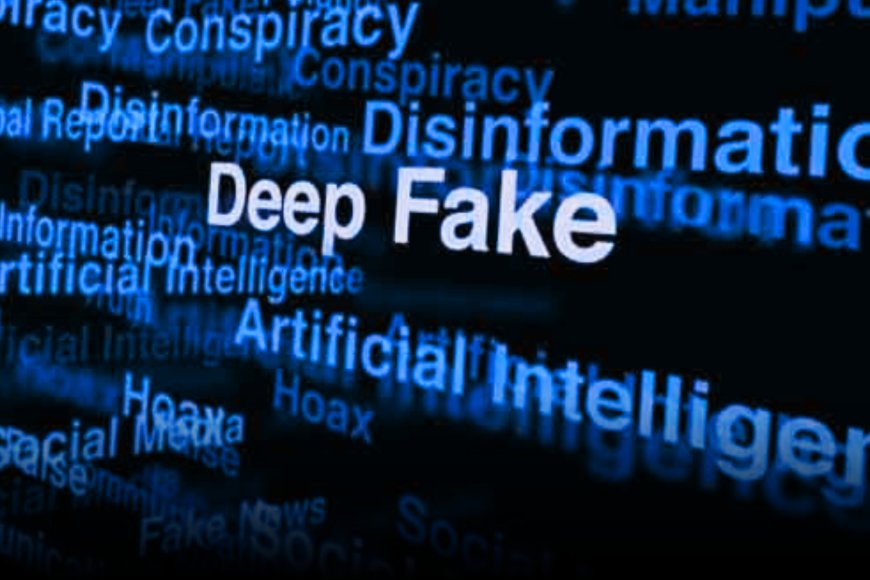India Strengthens Digital Safety with Proposed Rules to Label AI-Generated Deepfake Content and Prevent Misinformation
India plans to introduce new deepfake regulations requiring AI developers and social media platforms to label AI-generated content, promoting online safety, transparency, and accountability while addressing the rising misuse of artificial intelligence and misinformation across digital platforms.

The Indian government is prepared to implement new regulations to prevent deepfakes, which are becoming increasingly prevalent on the internet as a result of the rapid adoption of artificial intelligence (AI) techniques. Based on Reuters, the Ministry of Electronics and Information Technology has suggested guidelines requiring AI developers and social media platforms to label all AI-generated content, allowing viewers to distinguish between real and manipulated media.
The move is in reaction to the growing use of generative AI to spread misinformation, influence elections, impersonate people, and create damaging or fraudulent content. The government's goal is to make the online environment safer and more transparent, supporting accountability among platforms and developers.
The proposed rules require social media platforms to ensure that users disclose when they publish AI-generated or deepfake content. The goal is to increase transparency and openness while lowering the danger of harm from modified videos, photos, or audio files. With over a billion internet users, India faces a unique challenge that disinformation can spread swiftly, causing social discontent and political instability.
Deepfakes are AI-generated media that appears and sounds real but is actually fake. While the technology was originally intended for fun and humour, it has increasingly being abused for political propaganda, scams, and personal harm. The government's proposed laws would require corporations to label deepfake content, allowing consumers to identify when something has been digitally manipulated. India's action is consistent with a worldwide trend. Other countries, including the United States and members of the European Union, are exploring or enacting equivalent laws to govern AI-generated content. These measures reflect a growing global worry about AI misuse and digital misinformation.
The new deepfake regulations will be part of India's updated IT Rules, which are being rewritten to meet new threats posed by AI technology. While details of enforcement and penalties are still being worked out, the government is actively collaborating with technology companies, AI startups, and digital policy experts to develop an effective framework. Once adopted, the new regulations are expected to change the way internet platforms operate in India. Social media platforms will most likely need to adopt automatic methods to detect and label AI-generated content, and AI developers may be required to explain how their tools make or process such media. This action represents a significant step towards creating a more secure and trustworthy digital environment.
The proposed structure emphasises India's growing commitment to responsible AI governance. It emphasises establishing a balance between innovation and accountability. Transparency in digital ecosystems will be critical for protecting people from the developing threats of artificial intelligence.
This article is based on information from India Today







